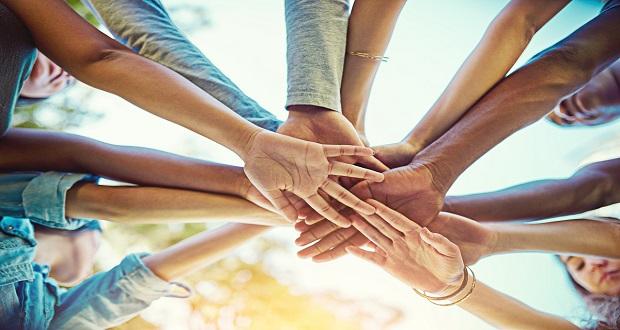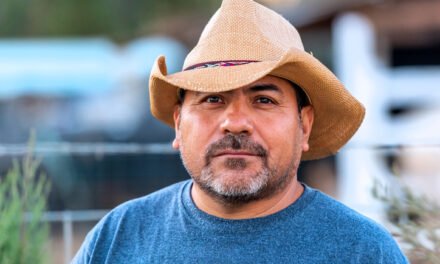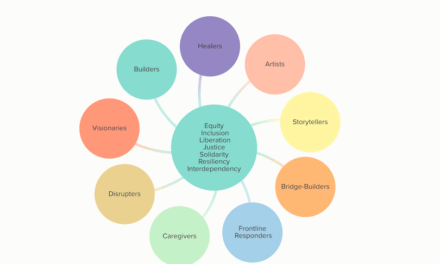Now more than ever, we need to be active and intentional about our efforts to unify and advocate for diversity, inclusion and equity. There are a number of ways to “join the movement” and be involved in something bigger than any individual – activism (yes, even social media activism), education (of self and others), grassroots efforts advocacy, etc. One of the most powerful ways to join the movement is through becoming a true ally to a cause. However, it’s important to define what being an ally means.
Basic Definitions:
Sympathizer: a person who agrees with or supports a sentiment or opinion.
Ally: a person, group, or nation that is associated with another or others for some common cause or purpose.
This isn’t meant to call anyone out, but if we are serious about our efforts to advocate for groups in need, we have to be real with ourselves. As a sympathizer, little action is required. There is no alignment of purpose beyond agreeing – outwardly or silently. The base word, sympathy, implies there is pity, sorrow, and perhaps even compassion for others, but it lacks direct connection to a cause or action.
Being an ally is about more than agreeing with a sentiment or opinion. It requires much more than pity and sorrow for others. In fact, the “association with (one) another,” comes from being aligned with a “common cause or purpose.” An ally is more concerned with advocating for the cause or purpose that unites. The connection is personal and action-oriented.
I am not too far removed from my own revelation of what it takes to move from sympathizer to ally.
As a straight male, my compassion for the LGBT community had been guided by my personal beliefs in equality and fair treatment of everyone but with very limited experiences with members of the LGBT community. A few years ago, I attended an Out & Equal event where I was one of about twenty-five straight people at a conference of about 600 people.
The entire experience was new for me, and If I’m being completely honest, I was uncomfortable.
As a sympathizer, I had never had to listen to and learn about issues within the LGBT community directly from members of that community. It didn’t require me to stand side by side with anyone advocating for anything. In fact, being a sympathizer required absolutely nothing but that I “agreed” with what they were fighting for… I never even had to prove I meant it.
Fortunately for me, the exposure I received the evening of this particular event opened my eyes to my own shortcomings in terms of being an ally. I stuck around, met a ton of great people, shook hands, took pictures and learned about the LGBT community and myself. For a moment, I was disappointed in myself for taking as long as I did to warm up. The truth is, new and different experiences are rarely comfortable. That’s okay.
The combination of education and exposure was the first step in my journey of becoming a true ally. Without some type of direct experience, it is difficult to genuinely move from empathy to advocacy. I challenge you to ask yourself, “Am I an ally or just a sympathizer?”



![A Point of View: Beyoncé, “Formation”, and Being Your [Unapologetic] Authentic Self](https://theinclusionsolution.me/wp-content/uploads/2016/02/beyonce-formation-car-braids.jpg)















